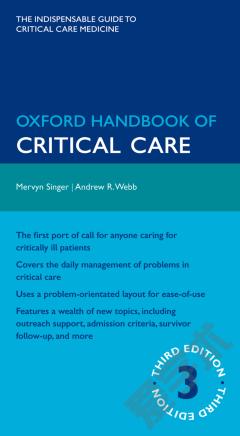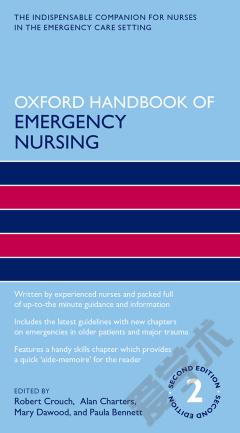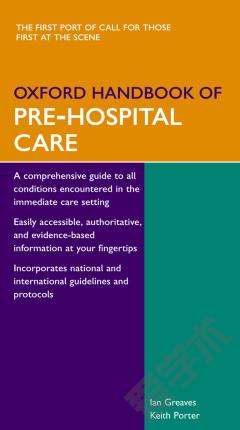Oxford Handbook of Palliative Care
1. Ethical issues 2. Breaking bad news 3. Research in palliative care 4. Principles of drug use in palliative medicine 5. Oncology and palliative care 6. Symptom management 6.1 The management of pain 6.2 Gastro-intestinal symptoms 6.3 Cachexia, anorexia and fatigue 6.4 Sweating and fever 6.5 Respiratory symptoms 6.6 Skin problems in palliative care 6.7 Genito-urinary problems 6.8 Palliation of head and neck cancer 6.9 Endocrine and metabolic complications of advanced cancer 6.10 Neurological problems in advanced cancer 6.11 Sleep disorders 6.12 Haematological aspects 6.13 Psychiatric symptoms in palliative medicine 7. Paediatric palliative care 8. Palliative care in non-malignant disease 8.1 AIDS in adults 8.2 Palliative care in non-malignant respiratory disease 8.3 Palliative care in heart failure 8.4 Palliative care in non-malignant neurological disease 8.5 Palliation in the care of the elderly 9. Spiritual care 10. The contribution to palliative care by associated health professionals 10.1 Rehabilitation 10.2 Occupational therapy 10.3 Dietetics and nutrition 10.4 Physiotherapy 10.5 Speech and language therapy 10.6 Clinical psychology 10.7 Social work 10.8 The chaplain 11. Complementary therapies in palliative care 12. Palliative care in the home 13. The terminal phase 14. Bereavement 15. Emergencies in palliative care 16. Miscellaneous
{{comment.content}}








 京公网安备 11010802027623号
京公网安备 11010802027623号